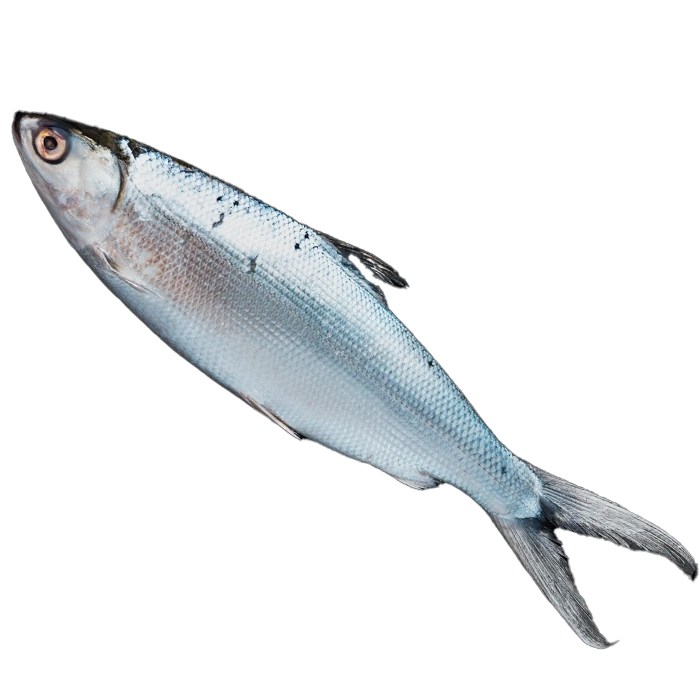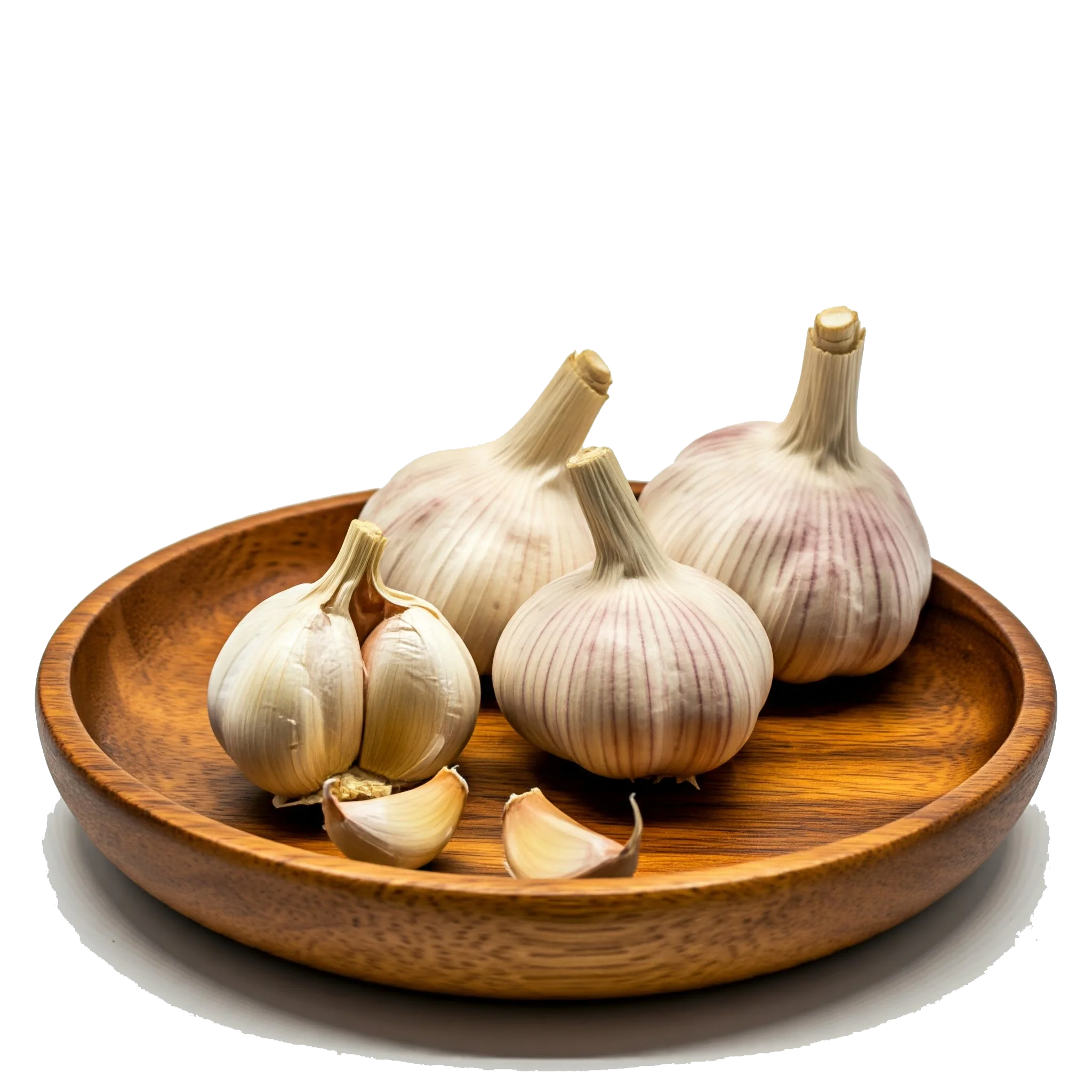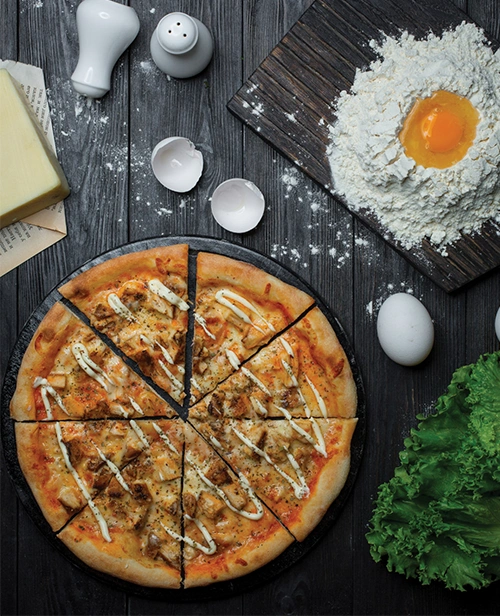

Top Health Benefits of Mediterranean Sardine Pizza You Need to Know
Sardine Pizza offers a unique combination of taste and nutrition, making it a surprisingly wholesome option for seafood lovers. Sardines are an excellent source of high-quality protein, omega-3 fatty acids, vitamin D, calcium (especially if the bones are included), and B vitamins such as B12, which support brain and heart health. The inclusion of olive oil and vegetables like onions and peppers further enhances the nutritional profile with healthy fats, antioxidants, and dietary fiber. The pizza also provides energy-rich carbohydrates from the crust and a satisfying dose of calcium and fat from the mozzarella cheese. Unlike processed meats often used in pizzas, sardines are minimally processed and rich in anti-inflammatory properties, making this dish a better alternative for those seeking a nutritious, protein-rich meal with heart-healthy benefits.
 Wheat Flour : 3 Cup
Wheat Flour : 3 Cup warm /
Water : 1 Cup
warm /
Water : 1 Cup Yeast : 1 Tablespoon
Yeast : 1 Tablespoon Sugar : 1 Teaspoon
Sugar : 1 Teaspoon Olive Oil : 2 Tablespoon
Olive Oil : 2 Tablespoon Sardine : 200 g
Sardine : 200 g Mozzarella : 200 g
Mozzarella : 200 g Onion : 1 Piece
Onion : 1 Piece Bell Pepper : 1 Piece
Bell Pepper : 1 Piece Tomato : 1 Cup
Tomato : 1 Cup Garlic : 2 clove
Garlic : 2 clove Olive : 12 Piece
Olive : 12 Piece Thyme : 1 Teaspoon
Thyme : 1 Teaspoon Salt : as needed
Salt : as needed black pepper : to taste
black pepper : to taste White sauce : to taste
White sauce : to tasteRecipe :
For 4 people
Enjoy your flavorful homemade Mediterranean Sardine Pizza!
When preparing Sardine Pizza, attention to freshness and balance is key. If using canned sardines, always drain them well and consider lightly sautéing them with garlic and herbs to mellow the flavor and enhance aroma. For those using fresh sardines, proper cleaning and filleting are crucial to avoid unwanted bitterness or bones. The crust should be thin and crispy to contrast the richness of the toppings, and the use of a high-heat oven (220°C/425°F) ensures a golden, well-cooked base without drying out the fish. It’s also important not to overload the pizza with cheese or sauce, as sardines have a strong flavor that can be overshadowed. Adding a final drizzle of olive oil or a sprinkle of fresh herbs like oregano after baking can elevate the flavor and aroma while keeping the texture light and balanced.

Sardine Pizza is highly compatible with the Mediterranean diet due to its reliance on whole foods, healthy fats, and lean protein. It's also suitable for high-protein diets and can be adapted for paleo diets by using a grain-free or cauliflower crust. However, it is not suitable for vegan or vegetarian diets due to the inclusion of fish. For those following a ketogenic or low-carb diet, modifications such as using a low-carb crust are essential. The dish is not gluten-free unless a gluten-free crust is used, and may be too calorie-dense for strict low-calorie or DASH (Dietary Approaches to Stop Hypertension) diets unless portions are controlled and cheese or oil is reduced. Intermittent fasting individuals can enjoy it as a nutrient-dense post-fast meal, but should monitor portion size to avoid breaking their fasting goals too abruptly.
...